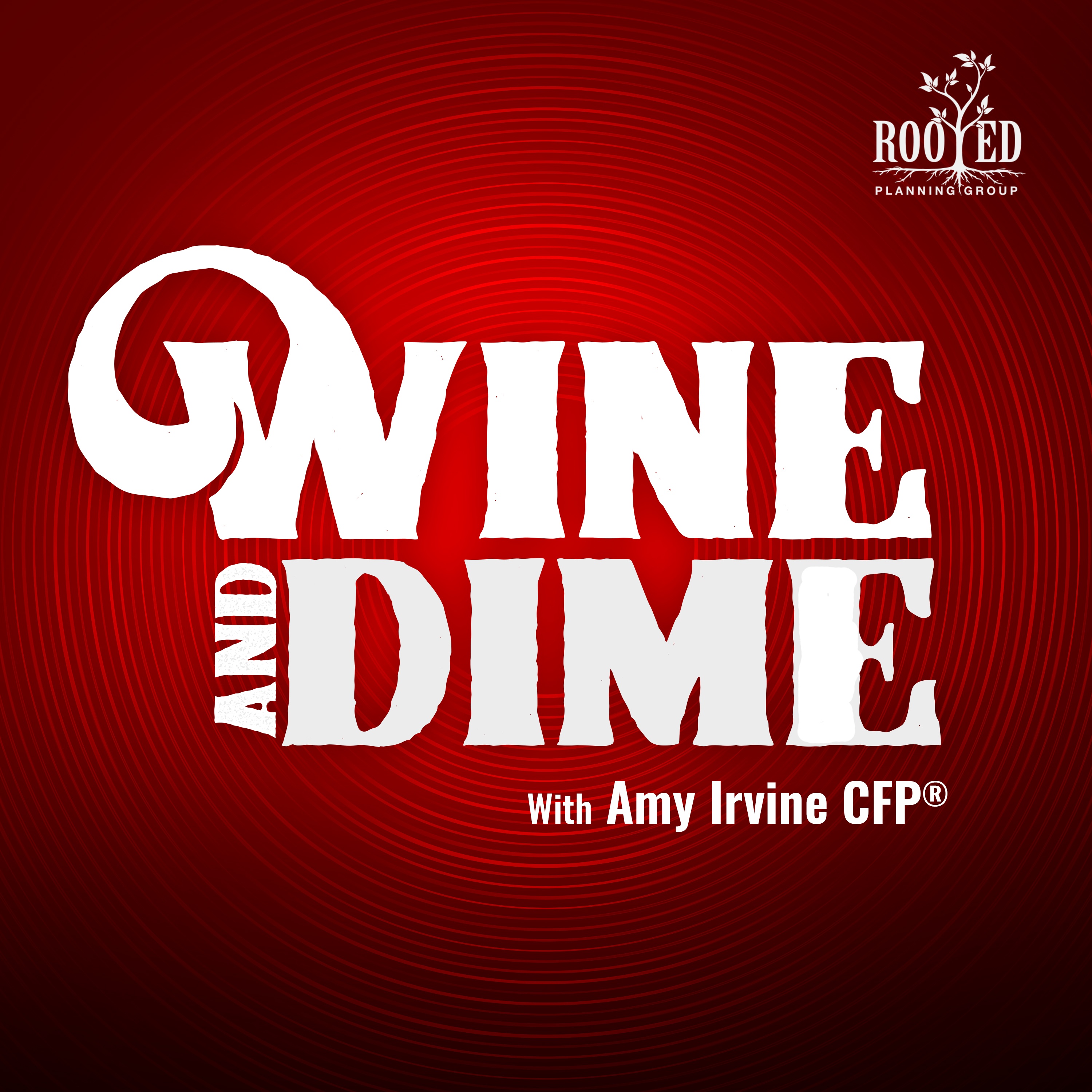- After-Shows
- Alternative
- Animals
- Animation
- Arts
- Astronomy
- Automotive
- Aviation
- Baseball
- Basketball
- Beauty
- Books
- Buddhism
- Business
- Careers
- Chemistry
- Christianity
- Climate
- Comedy
- Commentary
- Courses
- Crafts
- Cricket
- Cryptocurrency
- Culture
- Daily
- Design
- Documentary
- Drama
- Earth
- Education
- Entertainment
- Entrepreneurship
- Family
- Fantasy
- Fashion
- Fiction
- Film
- Fitness
- Food
- Football
- Games
- Garden
- Golf
- Government
- Health
- Hinduism
- History
- Hobbies
- Hockey
- Home
- How-To
- Improv
- Interviews
- Investing
- Islam
- Journals
- Judaism
- Kids
- Language
- Learning
- Leisure
- Life
- Management
- Manga
- Marketing
- Mathematics
- Medicine
- Mental
- Music
- Natural
- Nature
- News
- Non-Profit
- Nutrition
- Parenting
- Performing
- Personal
- Pets
- Philosophy
- Physics
- Places
- Politics
- Relationships
- Religion
- Reviews
- Role-Playing
- Rugby
- Running
- Science
- Self-Improvement
- Sexuality
- Soccer
- Social
- Society
- Spirituality
- Sports
- Stand-Up
- Stories
- Swimming
- TV
- Tabletop
- Technology
- Tennis
- Travel
- True Crime
- Episode-Games
- Visual
- Volleyball
- Weather
- Wilderness
- Wrestling
- Other
Simplifying Wealth Transfer: The Power of Trusts in Estate Planning
Hey there, folks! I'm excited to share with you this episode of Wine and Dime, where I talk about the significance of estate planning. Trust me, it's a topic that you don't want to miss out on!During this episode, I stress the importance of reviewing beneficiaries annually and provide some helpful tips, such as creating a spreadsheet or list of all accounts with named beneficiaries. I also explain the probate process and how it varies by state.Furthermore, I dive into the importance of having a will and how creating an estate plan that includes a trust can protect financial details from becoming part of a public record. Trust me, it's a game-changer!If you're feeling overwhelmed by the idea of estate planning, don't worry! I recommend consulting with an attorney or financial planner for complicated situations. It's always better to be safe than sorry when it comes to your finances.So, grab a glass of your favorite wine, and tune in to this episode. You won't regret it!Remember, just like a good bottle of wine, the Wine and Dime Podcast gets better with time. So don't forget to rate and subscribe to our show, where we blend the flavors of wine and personal finance to help you achieve financial freedom! If you have any questions that you would like answered on the show, feel free to email us at info@rootedpg.comOr visit us at www.rootedpg.com/podcasts for full show notes and links!Topics Covered:Probate and its process:The probate process and its requirement can vary by state.In some states, like California, probate is automatic.The process involves several steps including obtaining a death certificate, identifying an executor or administrator for the estate, identifying assets, paying expenses like debts or taxes, and notifying or paying beneficiaries.If there's a will, a judge validates it, and it usually needs to have witnesses. In some states, these witnesses must appear at probate, while in others, they can sign an affidavit when the will is signed.<br/>Role of an Executor:When there's a will, it identifies the executor, assets, beneficiaries, and any outstanding debts and obligations.The executor's job can be simple or very involved, depending on the complexity of the estate.The executor's responsibilities include taking stock of the decedent's assets, including those not listed in the will, ensuring control of the assets during the probate process, and possibly hiring an appraiser to determine the value of certain assets.The executor also needs to notify creditors about the death, which includes banks and even publishing an obituary to alert unknown creditors.Finally, the executor must resolve the estate, which includes paying off debts and distributing assets to the beneficiaries.<br/>Probate without a Will (Intestacy):If there's no will, either because the decedent did not prepare one or because the court rules the one they have to be invalid, the estate is said to be intestate.In this case, any remaining assets, after debts are paid, go to the closest living relative. The determination of who this relative is can vary depending on state laws and personal circumstances.<br/>Avoiding Probate:While having a will can facilitate probate, it does not avoid the process entirely.Some ways to potentially avoid probate include naming beneficiaries on all accounts, transfer-on-death arrangements, and trusts.However, it's important to note that some assets are exempt from probate, such as life insurance trusts, jointly owned properties, and payable-on-death arrangements. Most retirement plans also fall outside of probate if beneficiaries are named.For those wishing to avoid probate and protect financi

